Two owners of failed pyrolysis startup establish new company
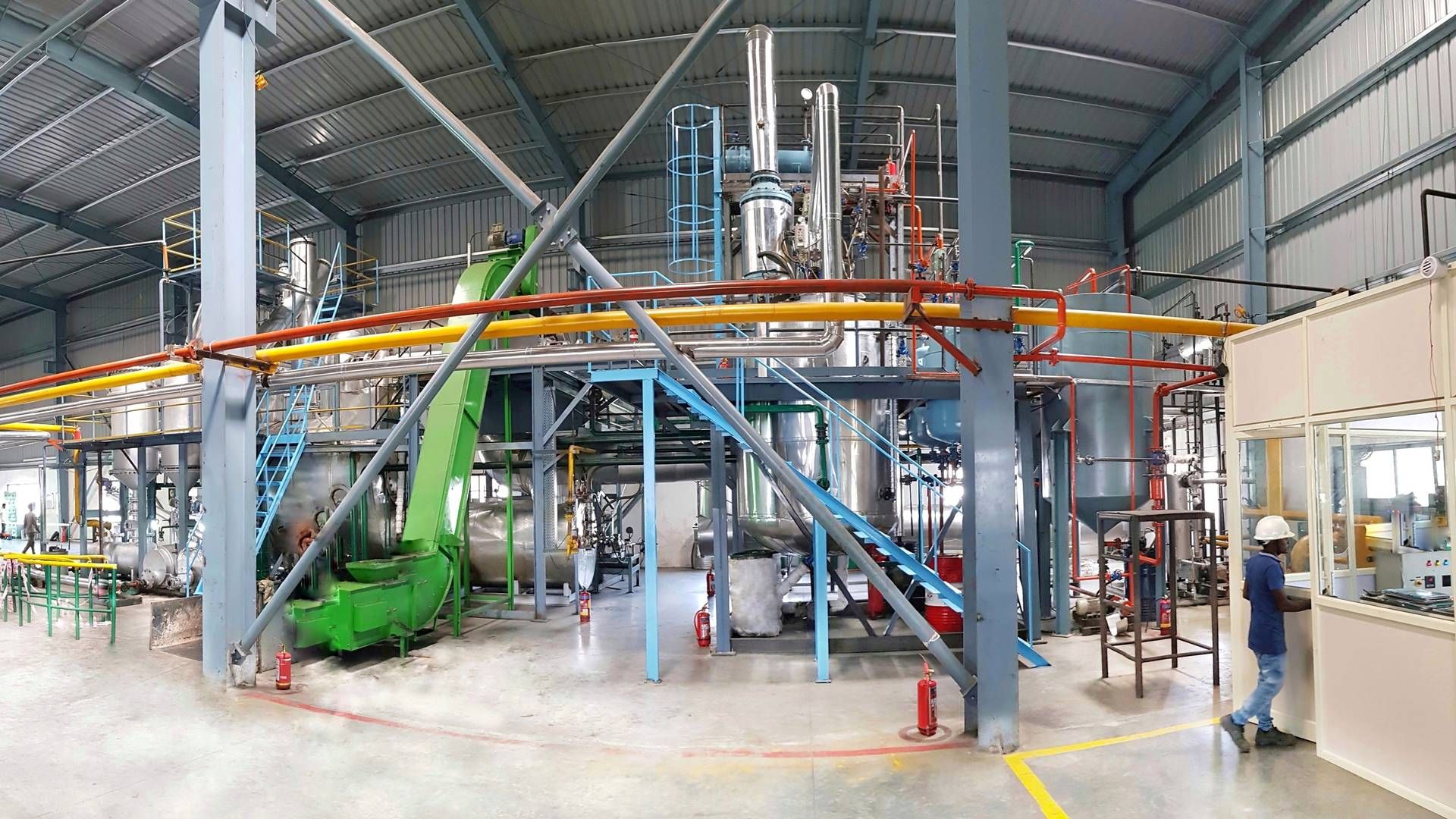
Pyrolysis company Clenflex, which had big ambitions of selling plants for chemical recycling of plastic waste, started bankruptcy proceedings in early February.
Now, two of the six former owners of the bankrupt company, founders Niels Immerkjær and Jan Mathorne, have registered two new companies on the Danish business index.
Former CEO of Clenflex, Niels Immerkjær, announced to CleantechWatch last week that he intended to present a ”reconstruction plan with a new company” alongside some former members of the Clenflex ownership group and a number of new investors.
At the time, he declined to reveal the setup of new ownership group and further details about a new pyrolysis business, but now it appears from the Danish company registration index that the only new owners are the original founders of Clenflex: Immerkjær himself with an ownership share of 29.8% and Mathorne, who owns 11.7% of the two new companies.
These are a holding company based in Kolding, ’Recyckling2Energy Holding’, and limited liability company ’Recycling2Energy Drift’, which the registration details suggest will operate in Aabenraa. The operations company has also added an industry code for recycling of sorted materials.
Not many assets
Attorney Nicolai Thornemann, partner at the law firm Horten, who is the trustee in the bankruptcy estate after Clenflex, is surprised that Immerkjær has announced that he will present a reconstruction plan with a new company in connection with the bankruptcy.
According to him, Clenflex has been placed under bankruptcy proceedings, which means that the company has been closed and is not under reconstruction. In addition, he has not been in contact with the former CEO of the company.
”There are not many assets in the company (Clenflex, ed.), and we are trying to sell them to the best of our ability,” he tells EnergyWatch’s sister media CleantechWatch.
Furthermore, neither Immerkjær nor others from the now-collapsed Clenflex have expressed interest in the assets, according to the trustee.
Thornemann represents the Danish Export and Investment Fund (Eifo), a merger of the former state funds Vækstfonden, EKF Denmark’s Export Credit Agency and Denmark’s Green Investment Fund. Eifo has DKK 1m (EUR 134m) tied up in Clenflex, according to the Register of Deeds.
”Therefore, we will of course focus on how the company has been run,” says Thornemann.
New owners
According to Niels Immerkjær, the Clenflex owners disagreed on the ”future strategy”, which led to the bankruptcy. This was stated in February in an interview with CleantechWatch. However, he would not elaborate on what the disagreements were.
When asked why the investors who opposed the new bankruptcy had not simply sold their shares or resigned from the ownership instead of letting the company go bankrupt, Immerkjær replied:
”It was the easiest way to do this, it was simply that.”
In the new companies, the original Clenflex founders have been joined by Birgitte Rønnow, who has taken a 46.8% ownership stake, while Steen Michael Asgreen has acquired 11.7%.
This means that so far there is no room for Orla Chemnitz Nielsen, Lars Christian Elkjær Larsen, Marlene Bracht Stenholt or Ole Christensen, who were all co-owners of Clenflex through their respective holdings or limited companies.
Nielsen has also left the ownership of the limited liability company Clendev, which is also registered as a co-owner of ’Recyckling2Energy Holding’. Clendev is now owned by Mathorne and Immerkjær, according to the index.
It has not been possible to get a comment from Orla Chemnitz Nielsen about the reason for his pyrolysis exit in both companies.
Ten plant target
When Immerkjær and Mathorne laid out the expansion plans for their new pyrolysis technology, then under the name ’Clendev,’ they made some big promises.
In a January 2021 interview with Danish media outlet Erhvervplus, the duo said they hoped to sell ten of their pyrolysis plants - which would convert plastic waste into crude oil - across Denmark by the end of 2023.
”We have the opportunity to create a whole new business area where Denmark can be in the driver’s seat if we are determined to convert our waste in different ways,” Mathorne said.
A year ago, however, Immerkjær shot down the 2023 sales target in an interview with CleantechWatch, as the company had not yet sold a single plant.
”It’s no secret that chemical recycling in Denmark has not yet been a great success. We have to recognize that,” he said at the time.
(This article was provided by our Danish sister media, CleantechWatch. Translated using DeepL with additional editing by Catherine Brett)
Related articles
Biochar is potential big investment target for CIP
For subscribers

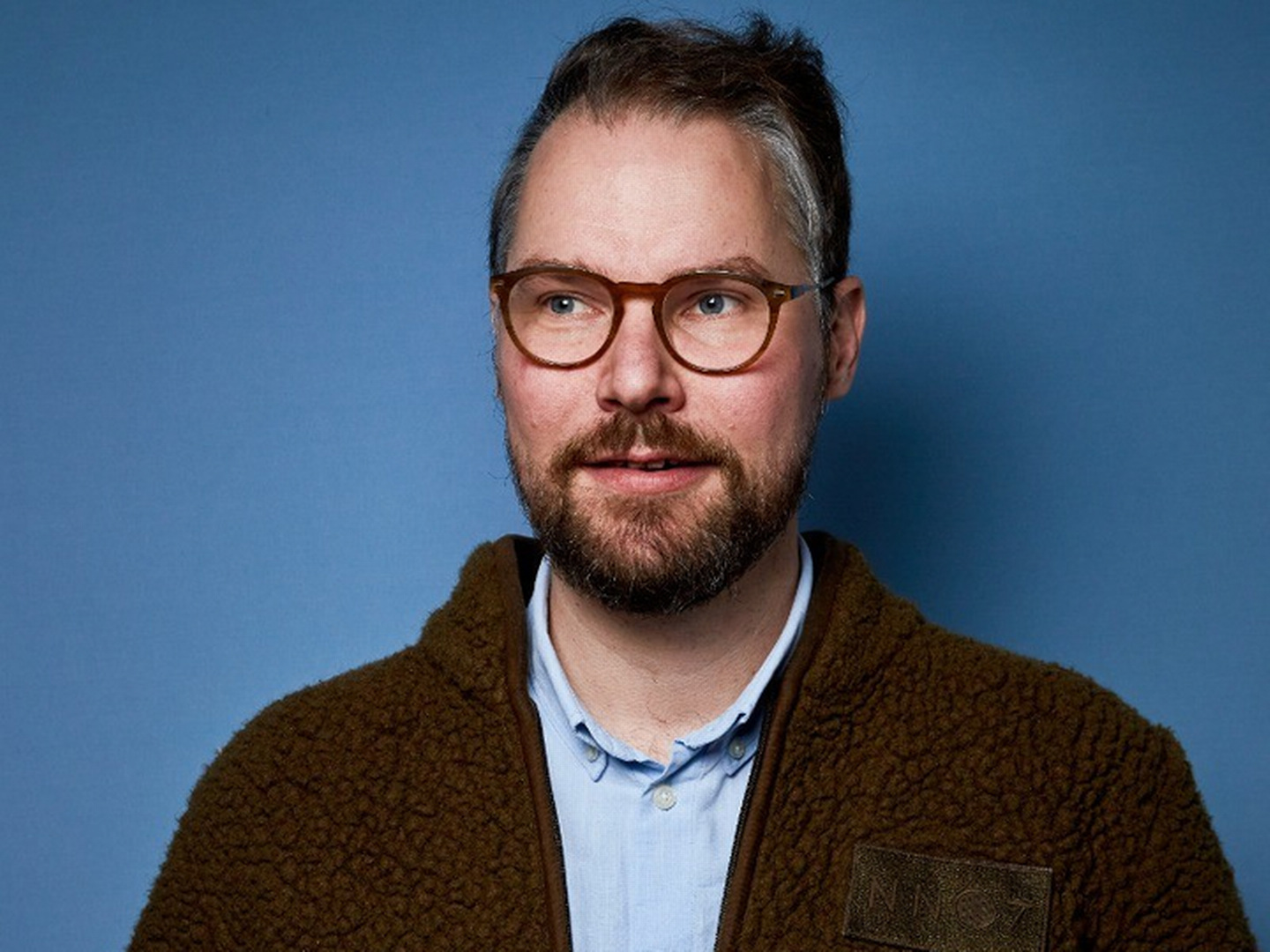
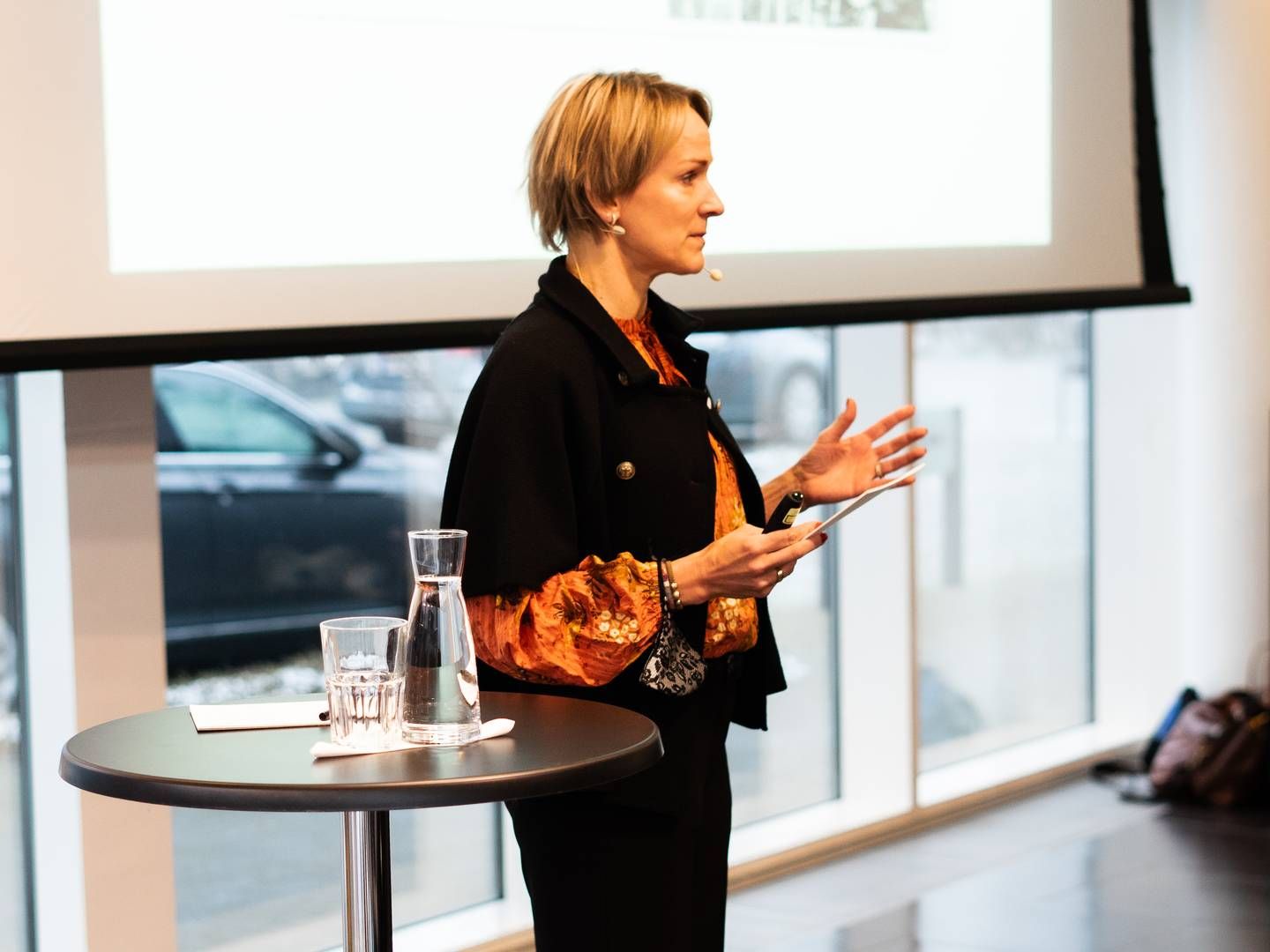
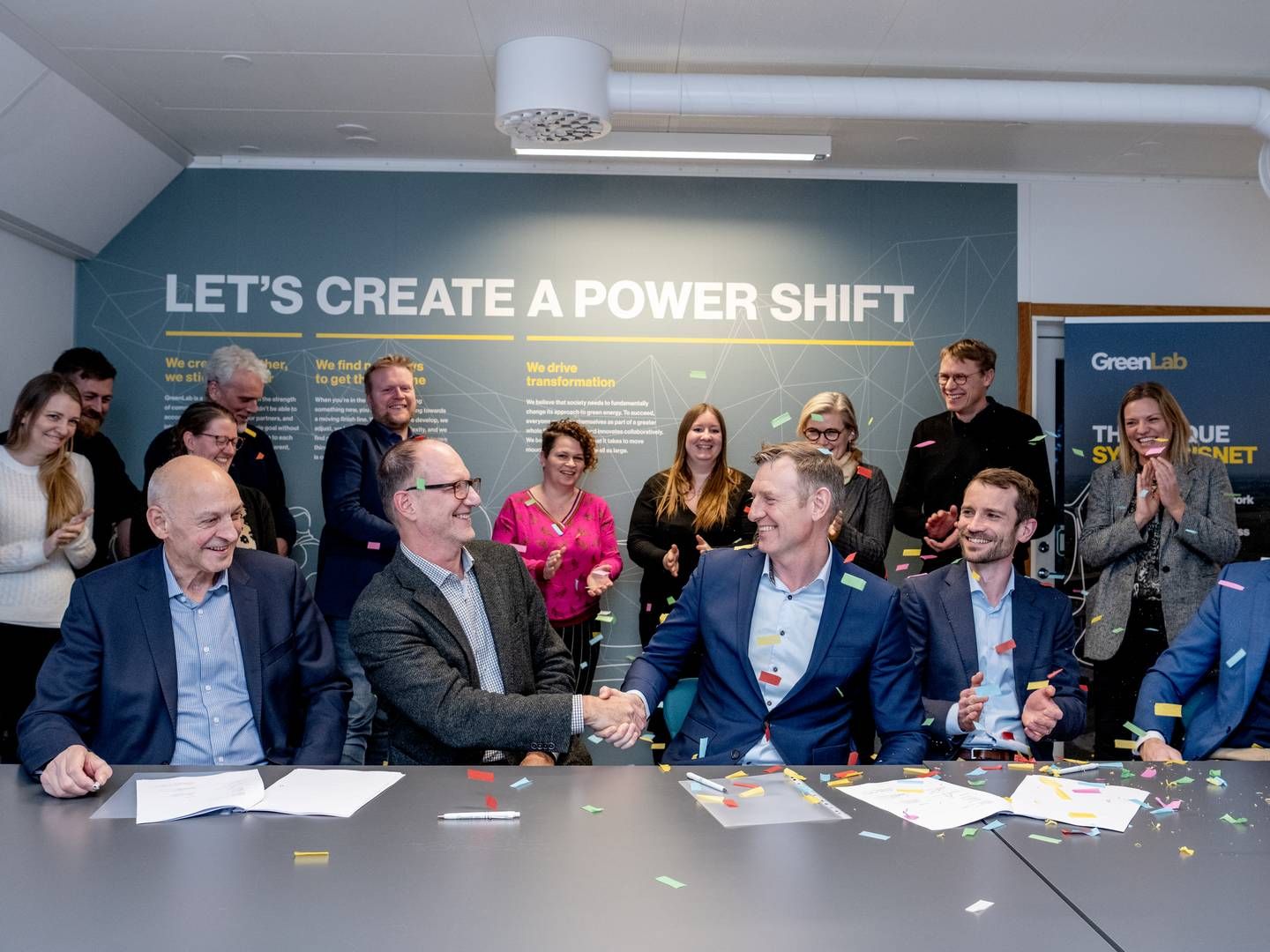

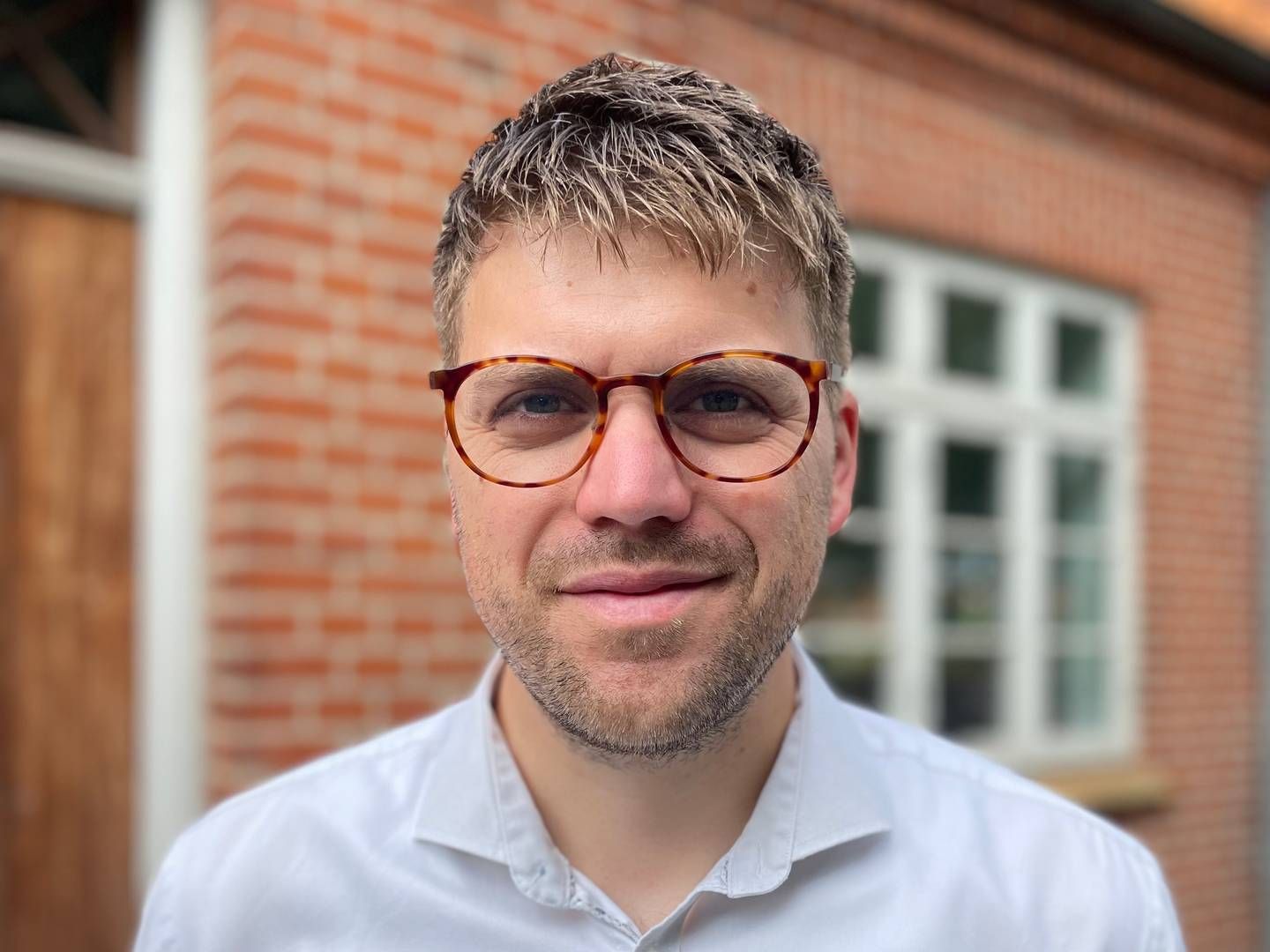
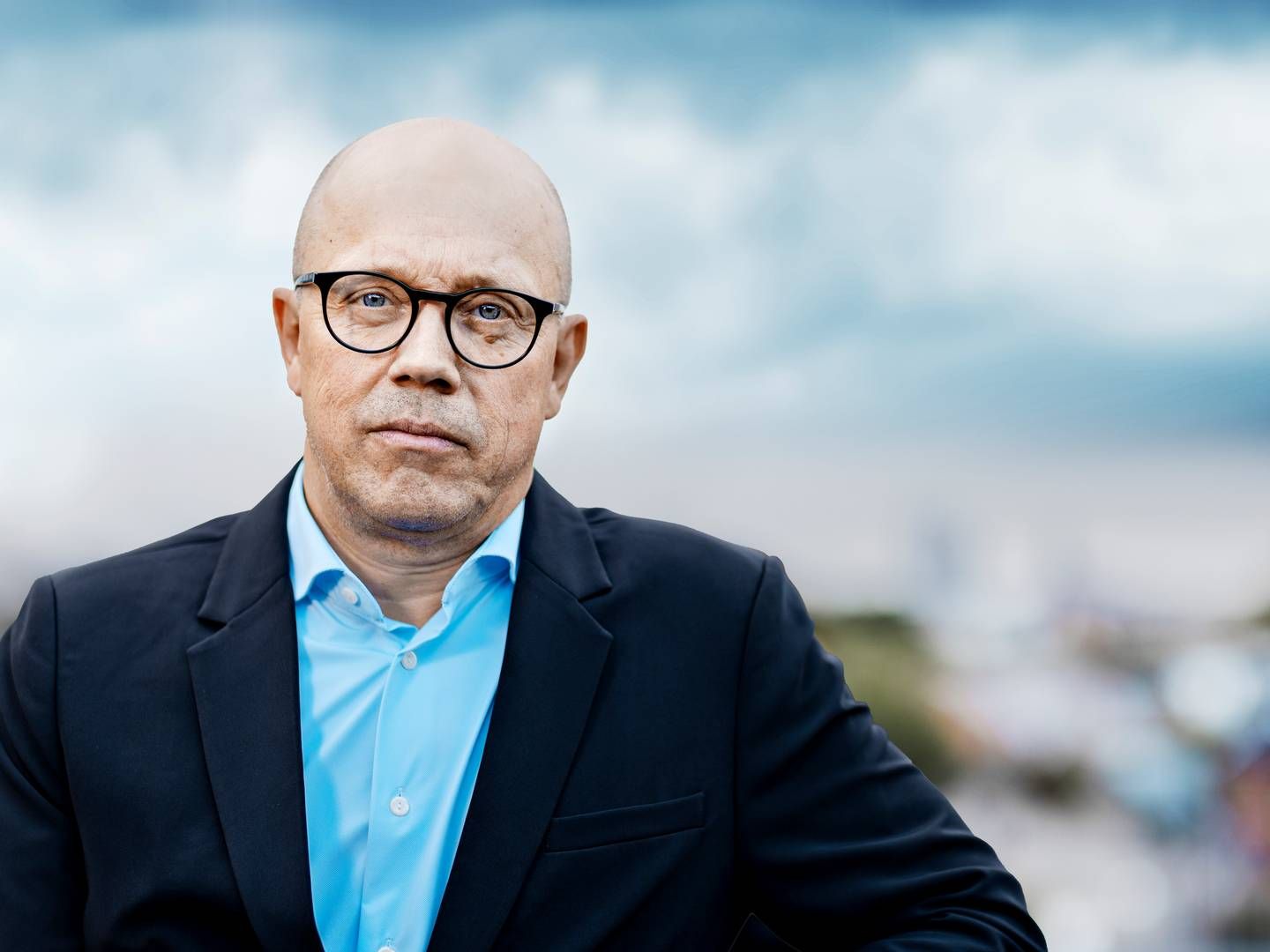





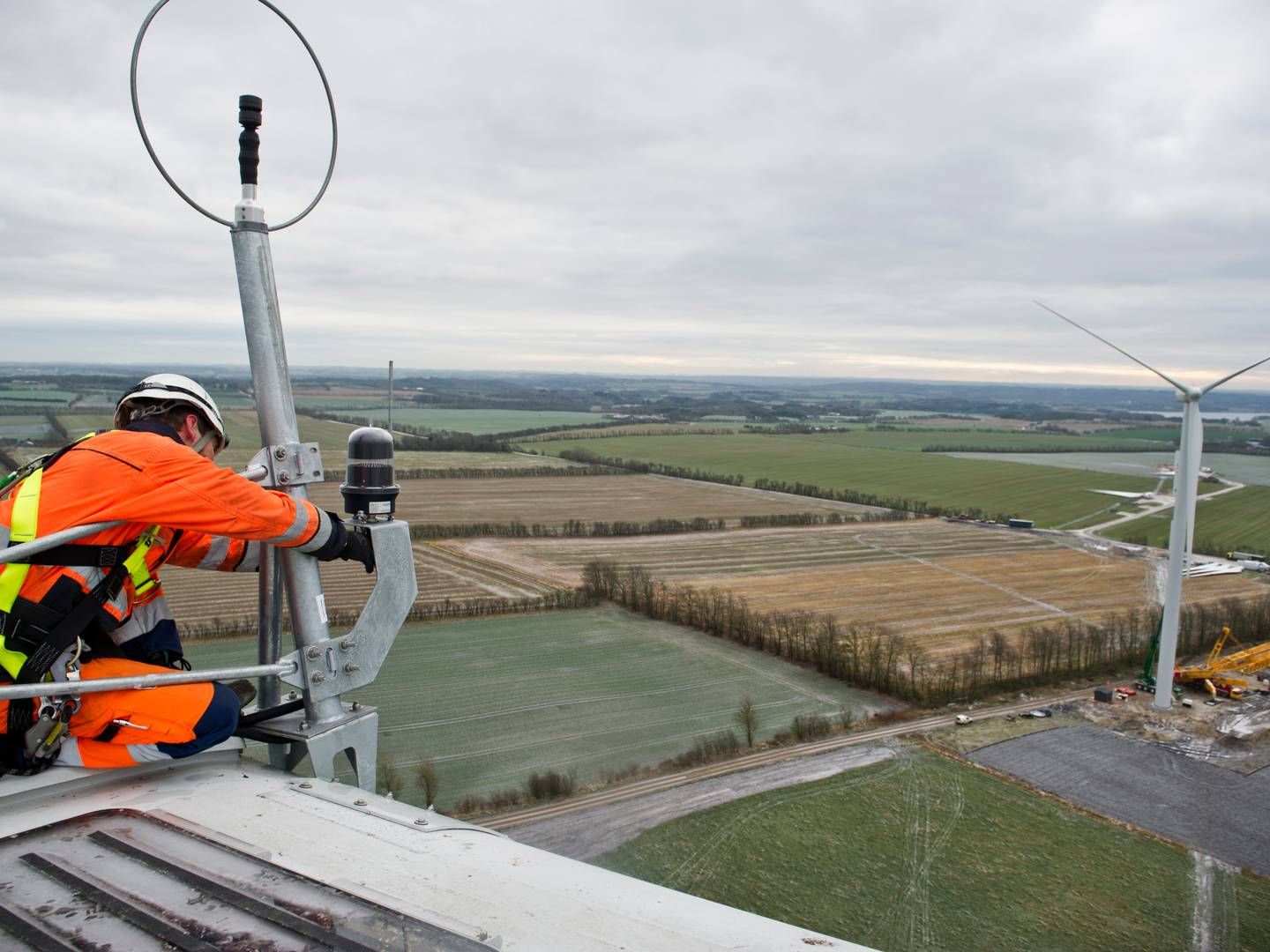
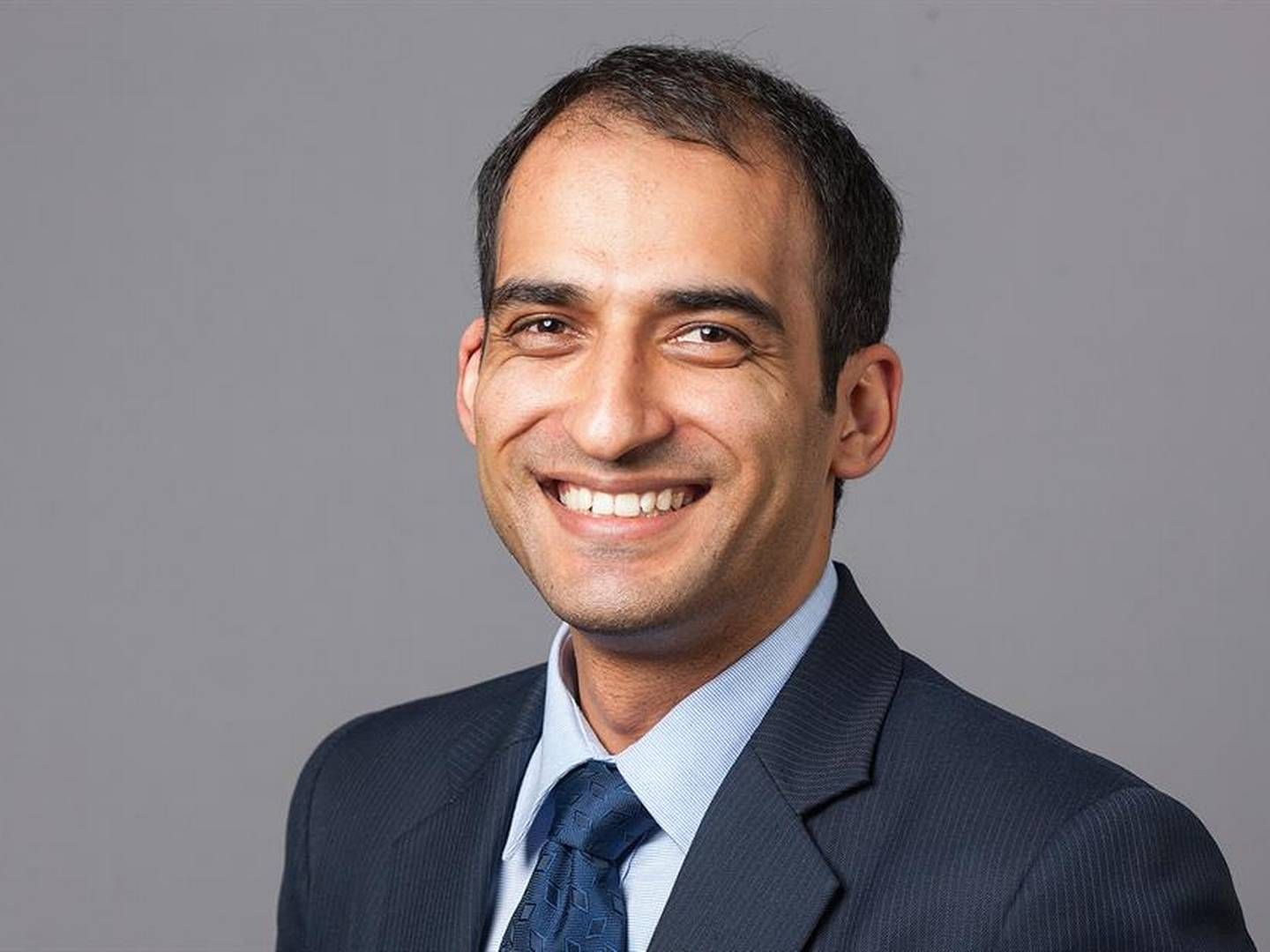



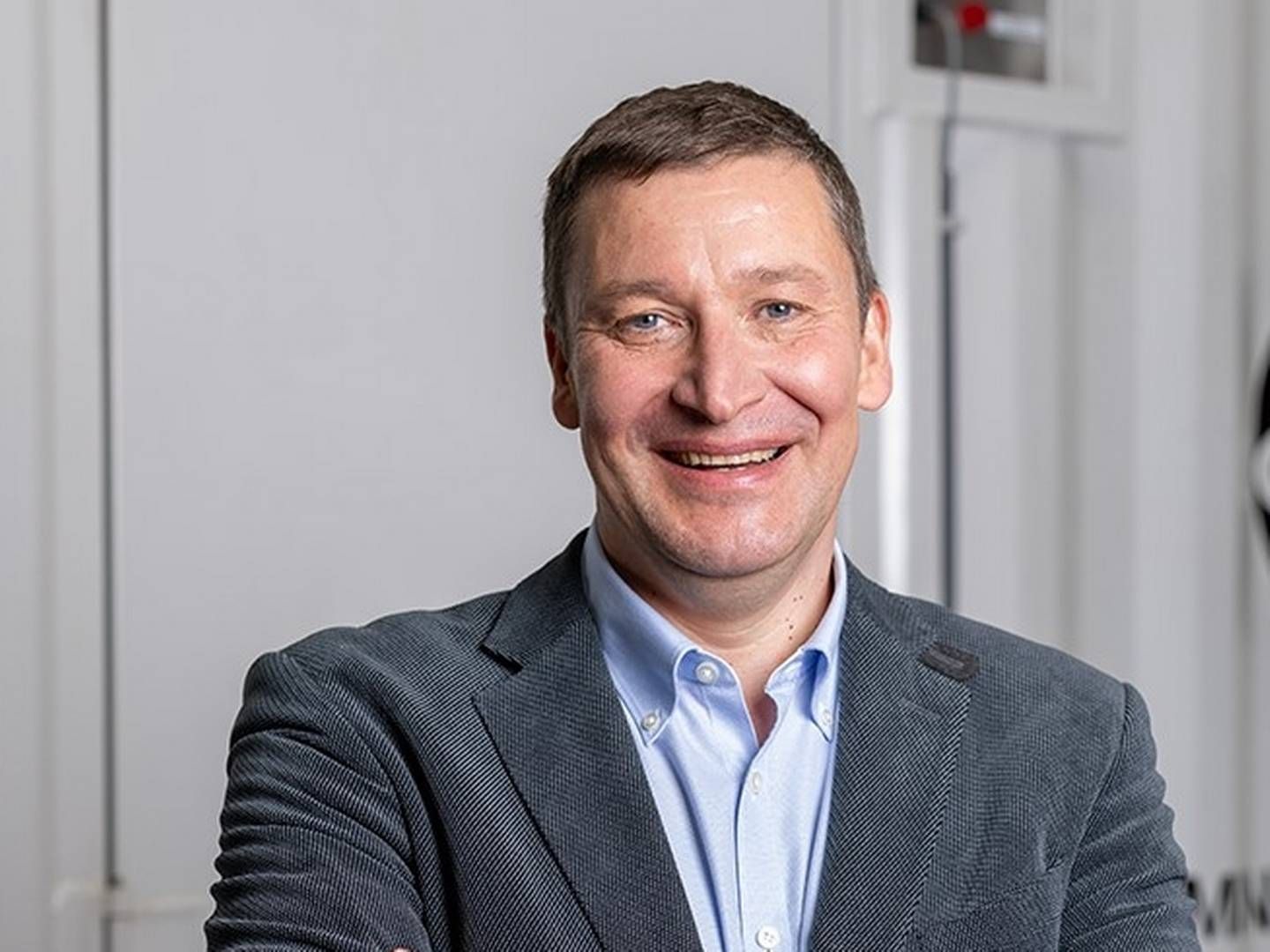
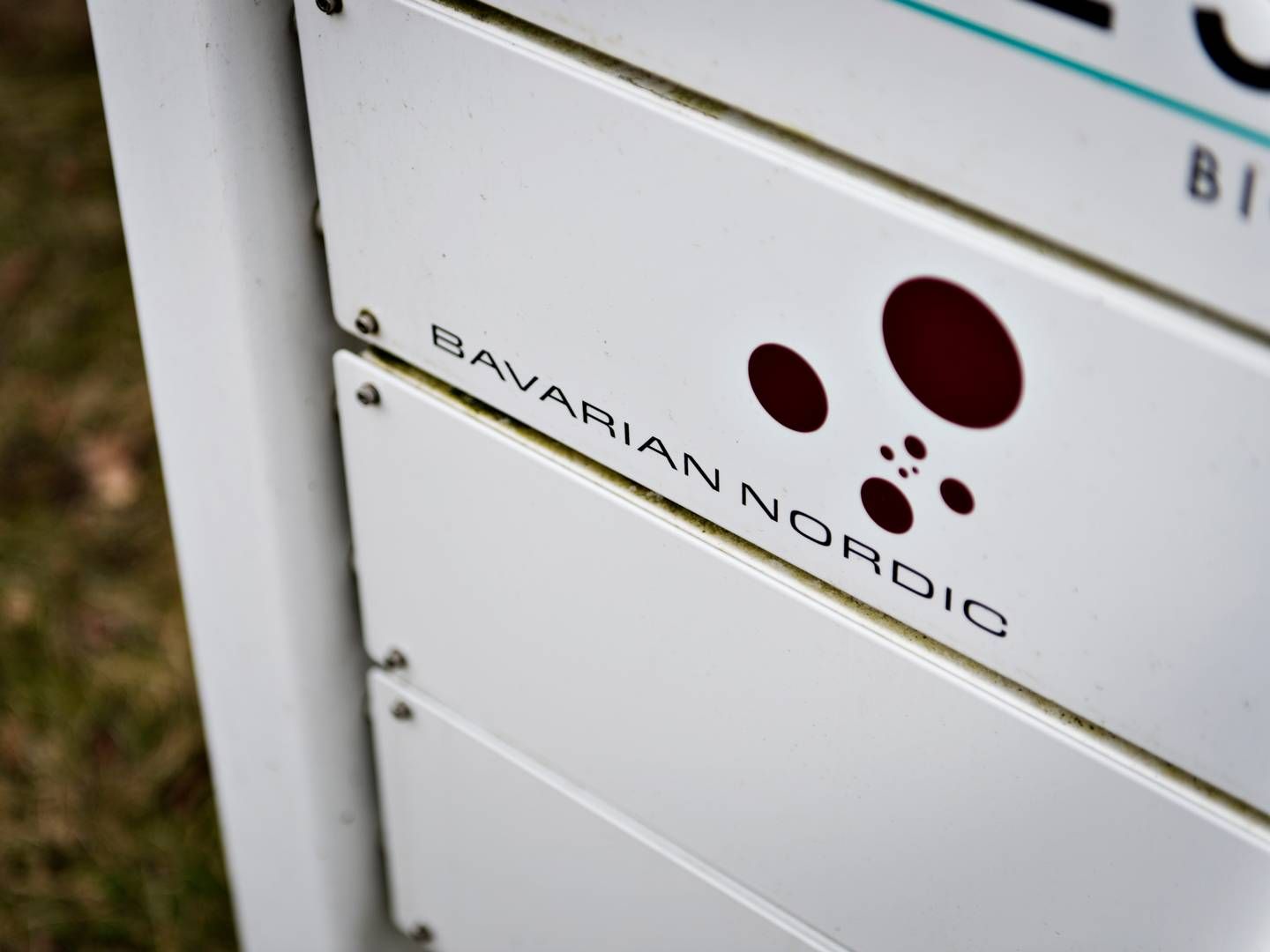

.jpg&w=384&q=75)




